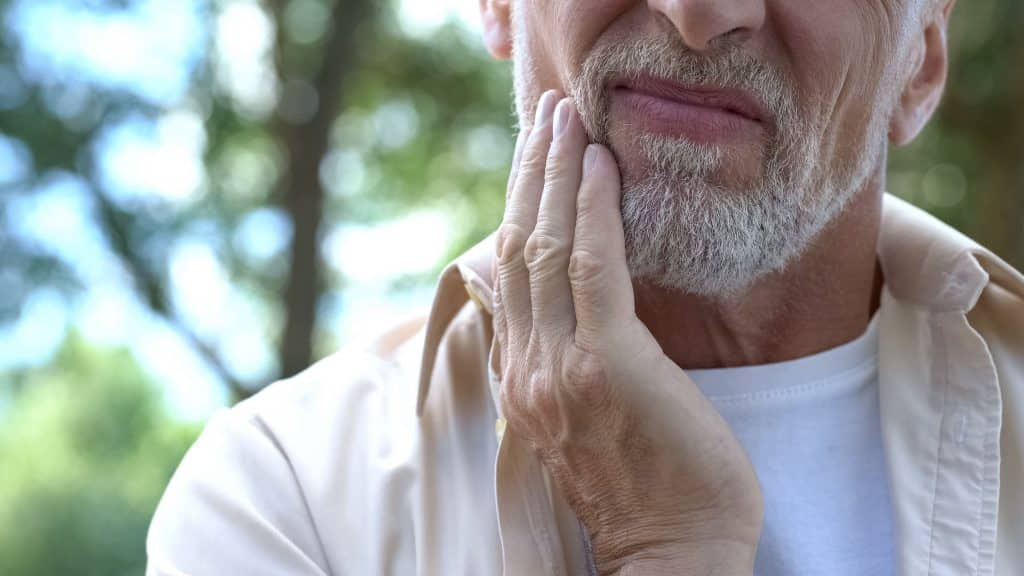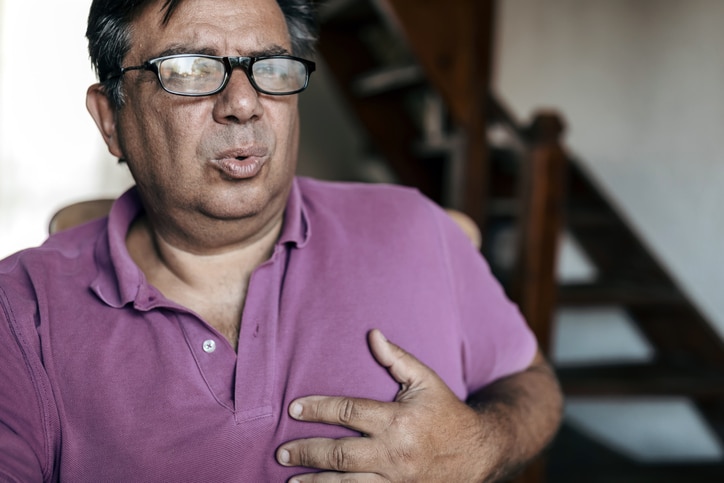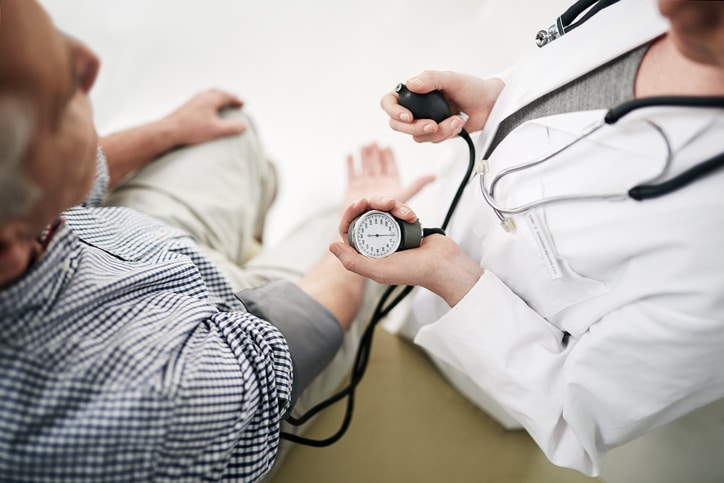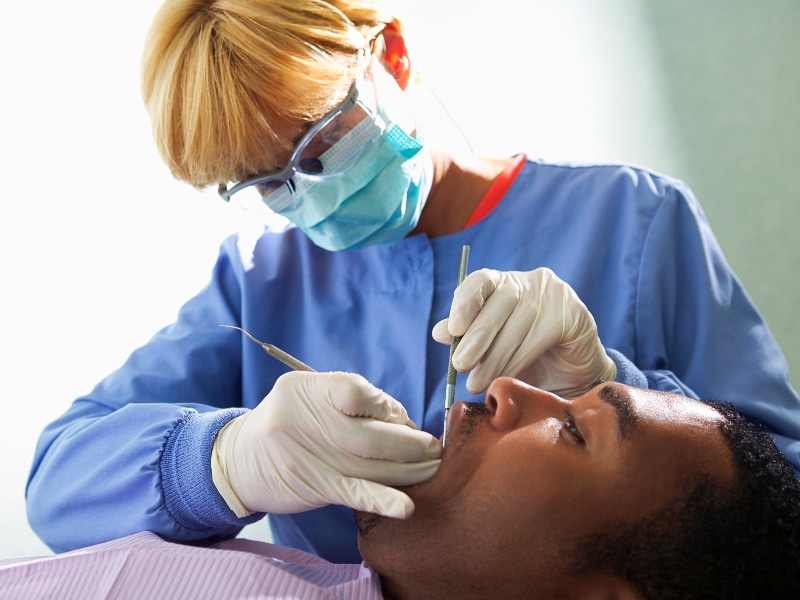Chest pain and shortness of breath may be the most common warning signs of a heart attack, but the symptoms can also mimic heartburn — or even a toothache. Still, others may feel nothing at all until the damage is done.
“Chest pain is something we all know about,” says Nhan Nguyen, MD, interventional cardiologist on the medical staff at Methodist Richardson Medical Center. “But some people, especially women, experience atypical symptoms.”
Pain caused by heart attacks actually runs on a spectrum, Dr. Nguyen says, because the nerves that serve the heart are not nearly as sensitive as those in your fingers, for example. What’s more, it’s possible to have a heart attack without being aware of it at all, Dr. Nguyen adds.
“It’s an issue of your body’s ability to perceive pain,” he says. “For example, diabetic patients’ nerve fibers are sometimes destroyed by disease, so they may not experience that sensation.”
Dr. Nguyen discussed some of the lesser-known symptoms that could signal an ailing heart:

TOOTHACHE OR JAW PAIN
Some people report a toothache or jaw pain before their heart attack, Dr. Nguyen says. It’s not uncommon for heart issues to manifest as pain elsewhere in the body.
“I attribute this to the nerve endings that supply the heart,” Dr. Nguyen says. “They’re not well defined like the ones on your fingertips. It’s very nebulous.”
Because the same bundle of nerves that runs through the heart also runs through other areas of your body, it can be easy to mistake the source of your discomfort, he says.
Acute conditions aside, general oral hygiene and preventing a toothache may be more important than you think, Dr. Nguyen explains. Bacterial infections of the gum or teeth can spread to the heart through the bloodstream and, when left alone, damage the valves.
“If we find the infection, we can treat it, and it usually goes away,” Dr. Nguyen says. “But in the worst-case scenario, it could require surgery.”

INDIGESTION OR HEARTBURN
If you ask heart attack survivors, many of them will tell you they dismissed their initial symptom as something far less serious: indigestion.
“This is actually the most common thing I see,” Dr. Nguyen says. “People think it’s just heartburn and nothing else.”
Heartburn is caused by indigestion of food. As stomach acid bubbles up into the esophagus, it can cause a burning pain in the chest, easily confused with heart attacks.
“I recommend checking in with your primary care physician because they can perform stress tests and detect any cardiac issues,” Dr. Nguyen says.

SHOULDER PAIN
In much the same way that pain can radiate and manifest in the jaw, the first sign of heart attack may also show up in your shoulders.
“Self-assessments are difficult, but if you suspect it’s a heart attack, definitely seek help,” Dr. Nguyen says.
PROFUSE SWEATING
Sweating during exercise or in the scorching Texas heat is normal, but breaking out in a cold sweat when you’re resting or feeling cool may be a sign of heart failure.
Although experts don’t fully understand the mechanism behind this phenomenon, one study suggests it’s triggered by the sympathetic nervous system, which ramps up during heart attacks.

CONSULT A DOCTOR
According to the Centers for Disease Control and Prevention, about 805,000 Americans experience heart attacks each year, and about 20% of the time, it’s “silent” or without symptoms.
Talking to your doctor about your risk is the first step in prevention, Dr. Nguyen says. People who smoke, are older, have high blood pressure or cholesterol, live with diabetes, or have a family history of heart problems are more likely to suffer heart attacks.
“Having that conversation with your doctor is so important,” Dr. Nguyen says. “And if it does happen to them, we want to make sure they have the best care possible.”

